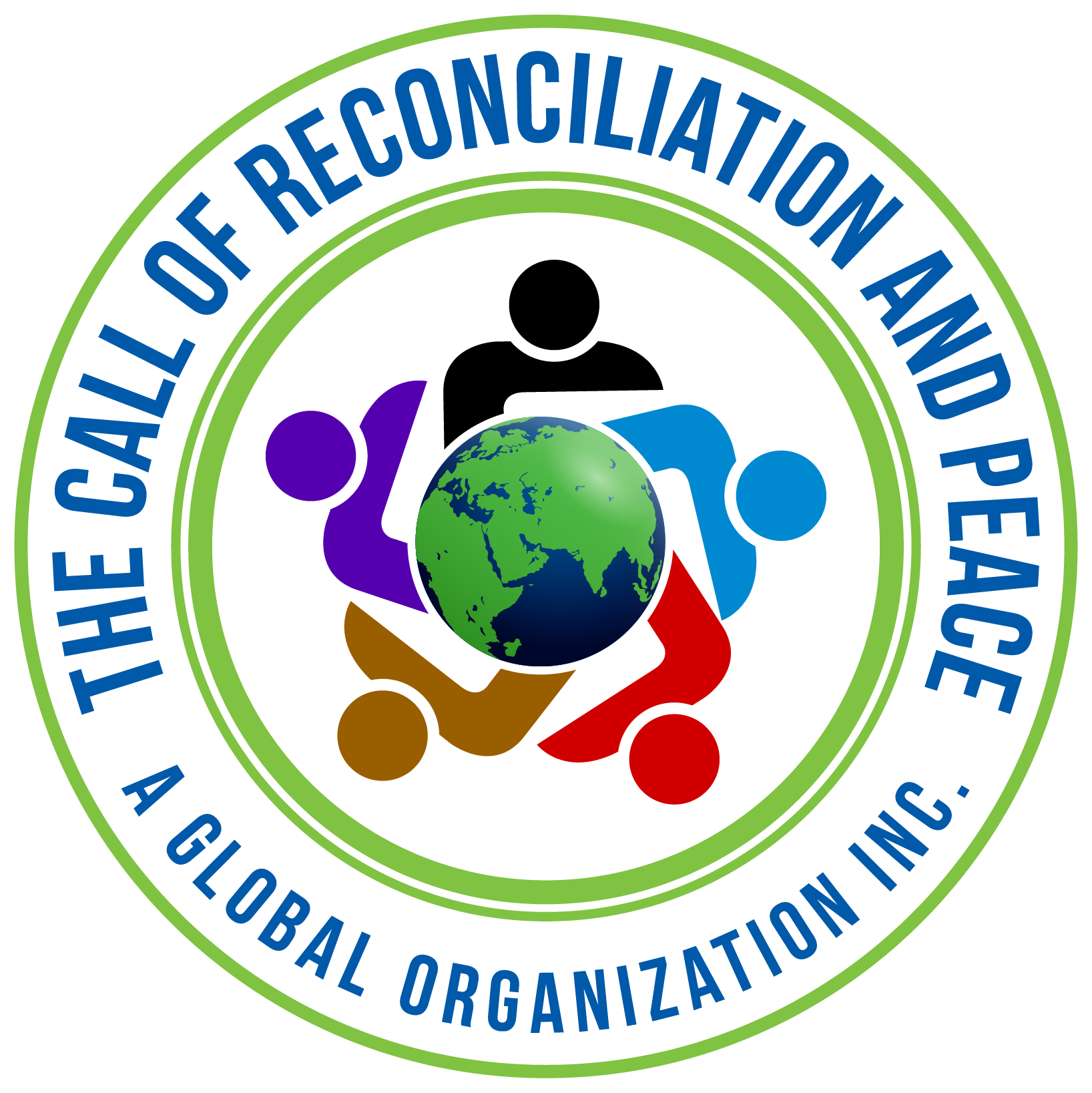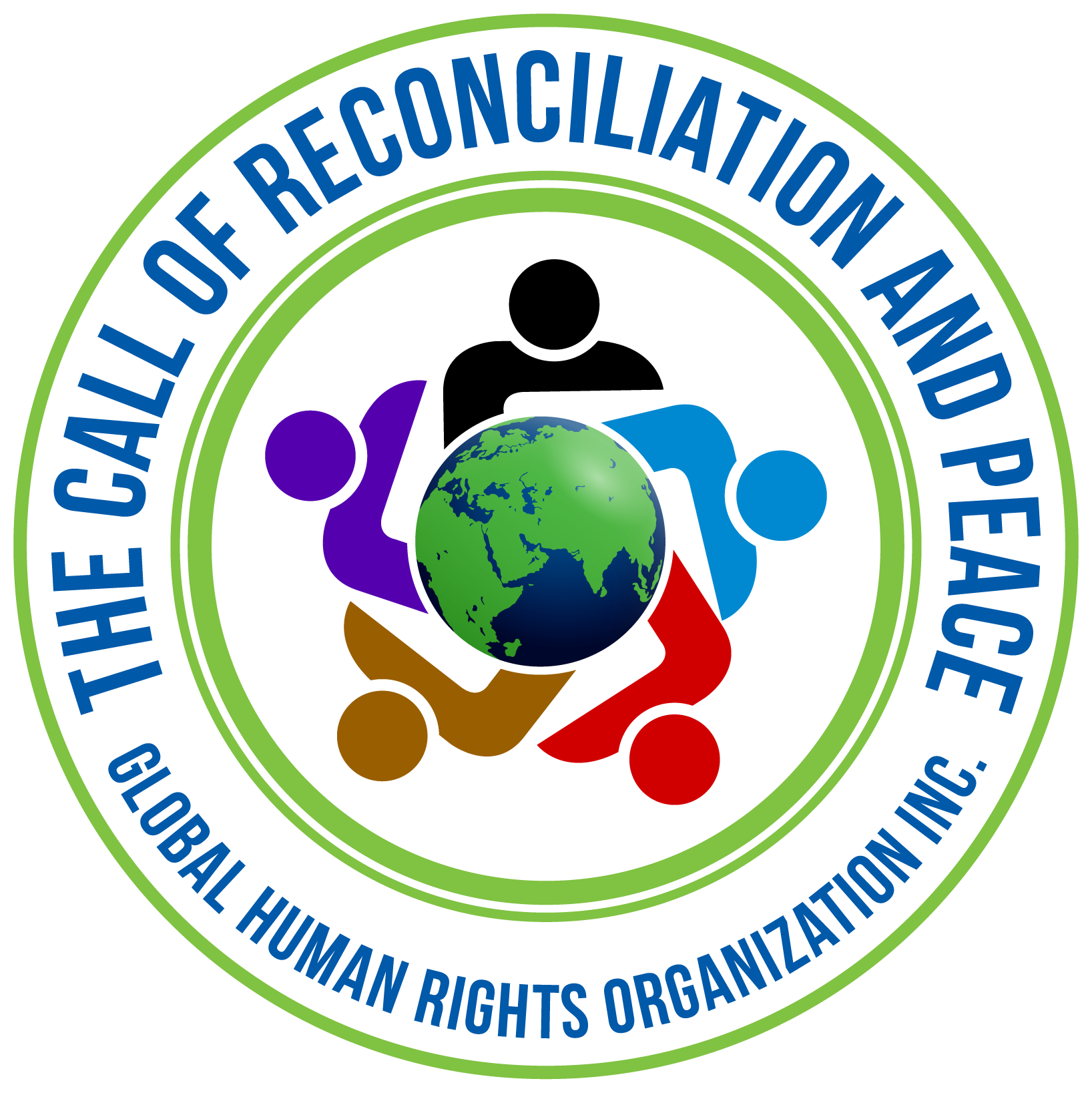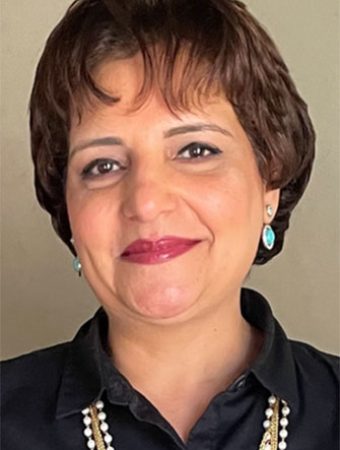CONFRONTATION
persis aurum - founder & CEO
Persis Aurum - Founder & CEO
My name is Persis Aurum, the founder of The call of reconciliation and peace. I do not follow religions, but I do believe in The Supreme Being, who gives existence to all heavenly and earthly creatures. And i accept, respect, and believe that every human being has absolute freedom to believe or not believe, to practice Religion or not practice religion. I upholding the freedom guaranteed by governments and the constitutions, and declare peace and solidarity with every faction that has been isolated and ostracized for the sake of freedom of belief, for solidarity, and I announce my initiative to all people and a call to all those in governmental authority, business owners, celebrities, and those in religious, cultural, and scientific positions to extend a hand of cooperation with me to spread reconciliation for all , to bring peace for people and countries, Globally on planet Earth and the expanse of our galaxy and Beyond .
The Call for Unity and Reconciliation
Persis Aurum is the visionary of the mission that we stand for and embodies a passion for catalyzing positive change and empowering communities.
The following is a quote from her about unity and reconciliation:
Reflections on Society
Societal Governance and Human Nature
Societies are governed by laws to curb violence, yet minds remain fixated on the forbidden and the wrong, blurring the lines between virtue and vice.
The Dichotomy of Virtue and Right
Accepting others is deemed virtuous but not always upheld as a right, perpetuating division and sanctity over diversity.
Hidden Violence Within
Under the veil of reserve lies a violent tendency towards the unfamiliar, breeding obsession and division.
Legacy of Conflict
Wars and disputes over the forbidden have plagued humanity, raising questions about the nature of reform.
Embracing Diversity
From Hatred to Friendship
Transforming hate, murder, and separation into acceptance, respect, and unity enriches cultures and fosters reconciliation.
Cultural Enrichment through Differences
Our differences form an intellectual encyclopedia guiding us toward knowledge and understanding across religions, cultures, and technology.
Towards a New Era
Breaking Away from the Past
It’s time to shed old societal norms and write a new narrative of acceptance, respect, and unity for future generations.
The Dream of Unity
A New Encyclopedia for Humanity
Uniting under the banner of humanity, we seek acceptance, respect, reconciliation, and unity amidst diversity.
Acknowledging Differences
Recognizing biases and extending a hand of reconciliation, we break free from mental prisons and sail towards new horizons of understanding.
Cocoon or Shroud
“Do we surrender ourselves to death or life? Do we carry ourselves in the womb to be reborn, or do others carry us where we do not desire, wishing we could weave threads around ourselves, a cocoon that we enter as surrendering, transforming ourselves into a new phase of life where we emerge different, with wings to fly and soar above its various and unique flowers, or
do we leave our bodies in the shrouds of death, carried from creation to graves and decay. We have grown up in different societies and cultures that have shaped the features of our lives, and we have been dyed with a dye made for others, and we have worn a robe made for our ancestors. We do not feel the true life and its joy, as all our feelings are fleeting moments that fade day by day. Life has lost its passion, and our dream remains unfulfilled. We have become incomplete like fallen seeds.
My dear, go now to the mirror and contemplate yourself wearing very tight clothes that suffocate you and restrict your movements, or contemplate yourself wearing very loose clothes in which you disappear, and your body shape does not show. Perhaps now you understand what I mean! This is how we live in clothes made by people according to their standards that suit their appearance (such as beliefs, traditions, social customs, and others).
We are different temporally, socially, intellectually, culturally, artistically, and psychologically… If only we could shed the model of our ancestors and create a new model in which our features and forms appear, a model that is in line with our era and culture.
The Call for Unity and Reconciliation
Persis Aurum is the visionary of the mission that we stand for and embodies a passion for catalyzing positive change and empowering communities.
The following is a quote from her about unity and reconciliation:
Reflections on Society
Societal Governance and Human Nature
Societies are governed by laws to curb violence, yet minds remain fixated on the forbidden and the wrong, blurring the lines between virtue and vice.
The Dichotomy of Virtue and Right
Accepting others is deemed virtuous but not always upheld as a right, perpetuating division and sanctity over diversity.
Hidden Violence Within
Under the veil of reserve lies a violent tendency towards the unfamiliar, breeding obsession and division.
Legacy of Conflict
Wars and disputes over the forbidden have plagued humanity, raising questions about the nature of reform.
Embracing Diversity
From Hatred to Friendship
Transforming hate, murder, and separation into acceptance, respect, and unity enriches cultures and fosters reconciliation.
Cultural Enrichment through Differences
Our differences form an intellectual encyclopedia guiding us toward knowledge and understanding across religions, cultures, and technology.
Towards a New Era
Breaking Away from the Past
It’s time to shed old societal norms and write a new narrative of acceptance, respect, and unity for future generations.
The Dream of Unity
A New Encyclopedia for Humanity
Uniting under the banner of humanity, we seek acceptance, respect, reconciliation, and unity amidst diversity.
Acknowledging Differences
Recognizing biases and extending a hand of reconciliation, we break free from mental prisons and sail towards new horizons of understanding.
The Call for Unity and Reconciliation
Persis Aurum is the visionary of the mission that we stand for and embodies a passion for catalyzing positive change and empowering communities.
The following is a quote from her about unity and reconciliation:
Reflections on Society
Societal Governance and Human Nature
Societies are governed by laws to curb violence, yet minds remain fixated on the forbidden and the wrong, blurring the lines between virtue and vice.
The Dichotomy of Virtue and Right
Accepting others is deemed virtuous but not always upheld as a right, perpetuating division and sanctity over diversity.
Hidden Violence Within
Under the veil of reserve lies a violent tendency towards the unfamiliar, breeding obsession and division.
Legacy of Conflict
Wars and disputes over the forbidden have plagued humanity, raising questions about the nature of reform.
Embracing Diversity
From Hatred to Friendship
Transforming hate, murder, and separation into acceptance, respect, and unity enriches cultures and fosters reconciliation.
Cultural Enrichment through Differences
Our differences form an intellectual encyclopedia guiding us toward knowledge and understanding across religions, cultures, and technology.
Towards a New Era
Breaking Away from the Past
It’s time to shed old societal norms and write a new narrative of acceptance, respect, and unity for future generations.
The Dream of Unity
A New Encyclopedia for Humanity
Uniting under the banner of humanity, we seek acceptance, respect, reconciliation, and unity amidst diversity.
Acknowledging Differences
Recognizing biases and extending a hand of reconciliation, we break free from mental prisons and sail towards new horizons of understanding.
Religions and societal peace
We know that religion is an integral part of the civilization. Linguistically, the definition of the word “belief” is (a judgment that does not accept doubt) or (what a person firmly holds in his heart). Despite the multiplicity of the religious systems, they share principles. They play a vital role in influencing individual behavior. All of them work on establishing and preparing the individual psychologically to get closer to the Creator and to know Him. This is called (the spiritual aspect), where the methodology of belief is formed from a set of teachings, obligations, traditions, or what is known as legislation. Following this as a guide for the individual to live with integrity within his family, community, and any context he is in. The religious system also has several aspects and effects not only at the individual level but also at the social level. Collective behaviors create a movement that attracts society and shapes it or imbues it with that belief. We cannot deny the positive role it plays in the life of the individual and the family, which sheds light on the changes that occur in societies, often resulting in conflicts and crises that undermine the safety of citizens and society. Think with me, my dear, that you live in a society characterized by religious pluralism. These systems do not work in parallel and integrated forms but work in conflicting directions, resulting in many conflicts. If each faction undertakes its roles to eliminate and obliterate the other, perhaps reject it, and distinguish its faction in society, the society becomes torn like fragments or worn out clothes. If the faction refuses the other, it pushes the society in different and conflicting directions. Yes, everyone pulls the parties to color it as their faction, and with tension and attraction, society tears apart, loses its stability, and shakes the security. My words do not mean that we should abandon our sect or our ideas, nor do I underestimate the importance of the influence of religions on people. But I want us to set aside differences and stop trying to pull or color society with our doctrines. Let’s agree, not only with the freedom of religion but also by accepting them and living with the differences within them, and agreeing with everyone who differs from us, respecting them, their belief and their faith without prohibition or criminalization. Accepting that in every belief there are values and principles from which we learn, and everyone gathers under the banner of humanity. Since one of the constants in every belief is possessing the absolute truth, which its followers are granted with distinction and veneration, which is also the hammer of societal division, we all must accept that no one can possess the absolute truth, as it is undefined and unperceivable. And that every faction may impose itself as possessing a face or part of the absolute truth, but it does not possess the absolute whole, or the complete picture. Perhaps if the factions come together, they will provide us with a clearer vision of understanding or approaching it, perhaps we can live in other dimensions. Belief shapes behaviors, and behaviors create civilizations. Whether factions are inherited or acquired, they create distinction and diversity. With my words, I urge all the people and the world to build bridges of acceptance to unite the parties for the peace that everyone has called for but has not been established. We must tell the truth that there is no peace without reconciliation and cohesion. Let us reconcile as a price for peace.Sara
When love blooms between two individuals, transcending differences in beliefs and backgrounds, a unique and powerful connection is formed. However, in a society where religious identity holds significant weight and adherence to traditional values is expected, such relationships can face immense challenges and scrutiny. The story of a young woman, let’s call her “Sara” who married a man of a different faith, sheds light on the struggles that many individuals encounter when navigating the complexities of interfaith relationships. Sara’s decision to marry “Mohamed” whose religious beliefs diverged from her own, was met with resistance and disapproval from her family, friends, and the community at large. The societal pressure and stigma attached to interfaith marriages created a tumultuous environment for Sara, where she found herself torn between her love and the expectations of her upbringing. The journey of embracing a new faith or supporting a partner’s religious transition added layers of complexity to their relationship, testing their commitment and resilience. As Sara grappled with the emotional turmoil of standing at the crossroads of love and tradition, the process of changing her religious identity brought its own set of challenges. The fear of ostracization, the loss of support systems, and the internal conflict of reconciling personal beliefs with societal norms weighed heavily on her. In a society where religious conversion is often viewed with suspicion or met with hostility, individuals like Sara and Mohamed face a daunting path towards acceptance and understanding. The struggle to find a sense of belonging while staying true to one’s beliefs and values highlights the deeper societal issue of intolerance and the need for greater empathy and inclusivity. By sharing stories like Sara’s and shedding light on the complexities of interfaith relationships and religious conversions, we can foster dialogue, promote acceptance, and work towards building a more compassionate and understanding society. It is through empathy, respect, and open-mindedness that we can overcome the barriers that divide us and embrace the diversity that enriches our communities.© Copyright 2024 by The Call Of Reconciliation And Peace


